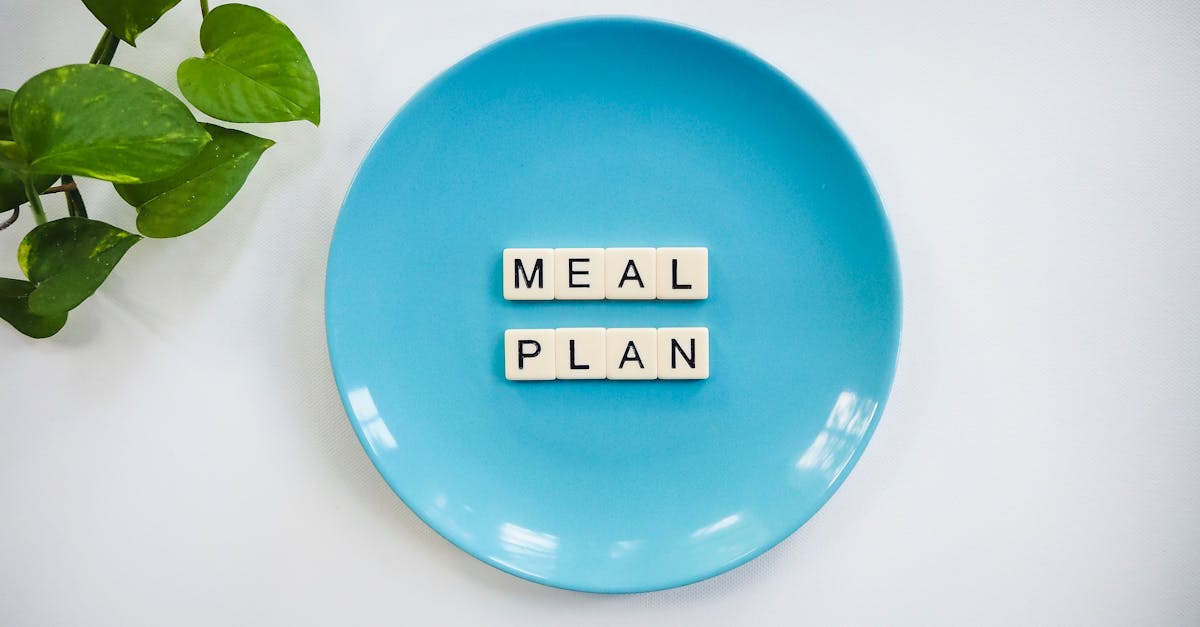Meal Planning Tips on a Budget
Introduction
Meal planning is an excellent way to ensure your family eats nutritious meals while keeping expenses under control. With the rising cost of groceries, managing a balanced diet on a budget can seem challenging. However, with a few strategic tips, you can enjoy healthy and delicious meals without breaking the bank.
Advertisement
Set a Realistic Budget
The cornerstone of meal planning on a budget is setting a realistic amount you can spend on groceries. Analyze your monthly income and expenditures to determine how much you can allocate for food. Adhering to this budget will save you from unnecessary splurges, keeping financial stress at bay.
Advertisement
Plan Your Meals Ahead
Organizing meals weekly or bi-weekly is a game-changer when it comes to saving money. By planning meals, you only shop for what you need, reducing impulse buys. Additionally, planning allows you to incorporate seasonal produce, which tends to be both affordable and fresh, ensuring nutritious meals.
Advertisement
Make a Grocery List
Once you plan your meals, create a detailed shopping list before heading to the store. A well-thought-out list minimizes distractions and keeps you focused on purchasing only essential items. Consistently sticking to your list guards against opting for non-essentials that inflate your grocery bill.
Advertisement
Buy in Bulk for Savings
Purchasing staple items like rice, pasta, and canned goods in bulk is often cheaper in the long run. Look for deals on bulk buying and stock up on non-perishable items. Just ensure that you have adequate storage space and that the items will be utilized before expiration to avoid wastage.
Advertisement
Make Use of Leftovers
Leftovers can be transformed into new meals, efficiently stretching your food budget. For instance, leftover roast can be used for sandwiches or mixed into a stir-fry for a quick dinner. By reimagining leftovers, you not only minimize waste but also save time and resources.
Advertisement
Cook in Batches and Freeze
Batch cooking is a practical tip that saves time, energy, and money. By cooking larger quantities, you reduce the daily cooking burden and make future meals easier. Freezing portions of batch-cooked meals ensures you always have a wholesome meal ready, cutting down on takeout expenses.
Advertisement
Embrace Affordable Proteins
Experimenting with different protein sources can drastically reduce meal costs. Eggs, beans, and lentils are affordable and versatile options to integrate into your diet. They provide most of the necessary nutrients and can be creatively used in diverse dishes from soups to salads.
Advertisement
Use Coupons and Sales
Make a habit of checking store flyers, apps, or websites for any ongoing deals or discounts. Coupons and sales can significantly reduce your grocery bill, especially for high-ticket items. Matching coupons with sales results in additional savings, maximizing your food budget.
Advertisement
Conclusion
In summary, meal planning on a budget is entirely achievable with careful strategizing. By setting a budget, planning meals, and utilizing leftovers, cost-effective and nutritious meals are within reach. Implementing these tips will lead to financial savings and a happier, healthier household.
Advertisement


